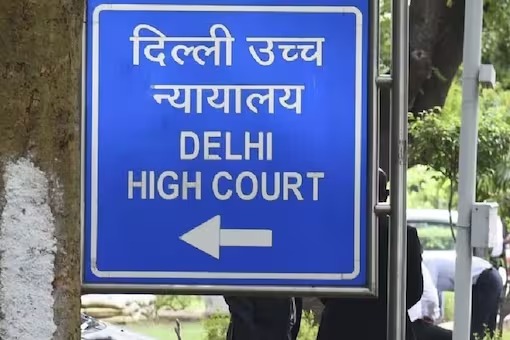The Delhi High Court has rescheduled PFI’s appeal of the five-year ban for April 4
The Delhi High Court re-notified the appeal filed by the Popular Front of India (PFI) on Tuesday, contesting the ruling of the Unlawful Activities (Prevention) Act tribunal, also known as the UAPA tribunal, which maintained the federal government’s five-year ban on the organization. The hearing for this case is scheduled for April 4.

The ruling was given by the bench consisting of Justice Manmeet Pritam Singh Arora and Acting Chief Justice Manmohan.
Advocate Adit Pujari represented the PFI at the hearing and requested the judge to send a notice to the Center. But the Center’s attorney informed the judge that Additional Solicitor General (ASG) Chetan Sharma was leading her.
Observing the arguments, the bench refrained from sending out a notice on Tuesday.
The HC instructed the organization’s attorney to define the petition’s parameters at the most recent session, stressing that the court cannot serve as an appeal body in this case.
The court has emphasized its restricted function, concentrating on elements like natural justice and decision-making, while claiming its authority under Articles 226 and 227 of the Constitution.
In the petition, Additional Solicitor General Chetan Sharma had raised objections to a few grounds, urging the “sanitization” of pleadings and advising against “ramble-rousing” on the platform. Sharma had voiced concerns on the petition, calling the ban “tyrannical,” “disgraceful,” and a “abuse of process.”
The petitioner’s attorney was instructed by the court to file a request to have offensive remarks from the pleadings struck out. Sharma further pointed out that the petition’s challenge to the decision-making process was not made clear enough.
The petitioner was given permission to seek the Supreme Court after his or her attorney told the court that the petitioner had already filed a plea challenging the prohibition. The PFI challenges the March 21 ruling of the UAPA tribunal, which upholds the Centre’s September 27, 2022, decision to prohibit the organization due to purported affiliations with international terrorist groups, such as ISIS, and incitement of hate against different communities.
The PFI and its affiliates were deemed a “unlawful association” by the central government in its notice, which was valid for a period of five years. Allegations have been made against the PFI about their affiliations with banned groups such as SIMI and JMB.
Using the authority granted by Sub-section (1) of Section 3 of the Unlawful Activities (Prevention) Act, 1967, the central government proclaimed the Popular Front of India (PFI) and the other eight purportedly associated fronts as “unlawful associations” on September 28, 2022.
The National Confederation of Human Rights Organizations (NCHRO), Rehab India Foundation (RIF), Campus Front of India (CFI), All India Imams Council (AIIC), National Women’s Front, Junior Front, Empower India Foundation, and Rehab Foundation, Kerala were among the fronts that were prohibited for a period of five years.
The Enforcement Directorate (ED) and the National Investigation Agency (NIA) conducted extensive investigations and raids in many states to locate individuals associated with the group in order to piece together its past.
“They have been pursuing a secret agenda to radicalize a particular section of the society working towards undermining the concept of democracy and show sheer disrespect towards the constitutional authority and constitutional set up of the country,” the Ministry of Home Affairs had stated in The Gazette.
It had also claimed that the PFI engaged in illegal operations that endangered the nation’s integrity, sovereignty, and security and would possibly sabotage intercommunal peace.
PFI maintained connections with two organizations that were outlawed: Jamaat-ul-Mujahideen Bangladesh (JMB) and the Students Islamic Movement of India (SIMI).
The nomination of Justice Dinesh Kumar Sharma as the UAPA tribunal’s presiding officer to review the prohibition imposed by it was announced by the federal government in October 2022.







